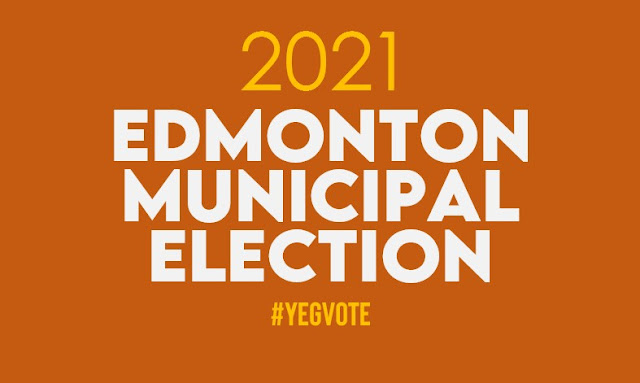E/view: The Occupied World
Established local poet and writer Alice Major explores how we occupy our space and time on earth in her collection of poetry The Occupied World.
BY PAULA E. KIRMAN
SOME people have drinking buddies. I
have writing buddies. We critique each other's work. Actually, I have
drinking buddies also, but I digress. One of my writing buddies recently
handed me a copy of Alice Major's poetry collection The Occupied World.
Major is well known on Edmonton's poetry circuit. She was the city's first Poet Laureate and is a familiar face at the annual Edmonton Poetry Festival in April. Published in 2006, The Occupied World is a clear presentation of why Major is so well regarded. Her language and imagery is at once familiar and other worldly, juxtaposing the local and familiar with other times and places.
Through her words, Major begins with the theme of building a city, using the framework of rituals used in Roman times to sanctify the ground before occupation of the city could take place. From there, Major explores occupation in the world, as ourselves, and through life in general.
For a number of years the term “occupation” (or “occupy”) has had political connotations, but in this case literally means taking over a space, being somewhere, or being part of a moment. The world is indeed occupied in many different ways and it is through examining how and why we occupy what and where we do, that we gain a new understanding of our lives and world.
So, thank you, writing buddy, for lending me this volume. I definitely know why it would “occupy."
University of Alberta Press
ISBN 978-0-88864-469-5
BY PAULA E. KIRMAN
 |
| The Occupied World |
Major is well known on Edmonton's poetry circuit. She was the city's first Poet Laureate and is a familiar face at the annual Edmonton Poetry Festival in April. Published in 2006, The Occupied World is a clear presentation of why Major is so well regarded. Her language and imagery is at once familiar and other worldly, juxtaposing the local and familiar with other times and places.
Through her words, Major begins with the theme of building a city, using the framework of rituals used in Roman times to sanctify the ground before occupation of the city could take place. From there, Major explores occupation in the world, as ourselves, and through life in general.
For a number of years the term “occupation” (or “occupy”) has had political connotations, but in this case literally means taking over a space, being somewhere, or being part of a moment. The world is indeed occupied in many different ways and it is through examining how and why we occupy what and where we do, that we gain a new understanding of our lives and world.
So, thank you, writing buddy, for lending me this volume. I definitely know why it would “occupy."
University of Alberta Press
ISBN 978-0-88864-469-5



Comments
Post a Comment